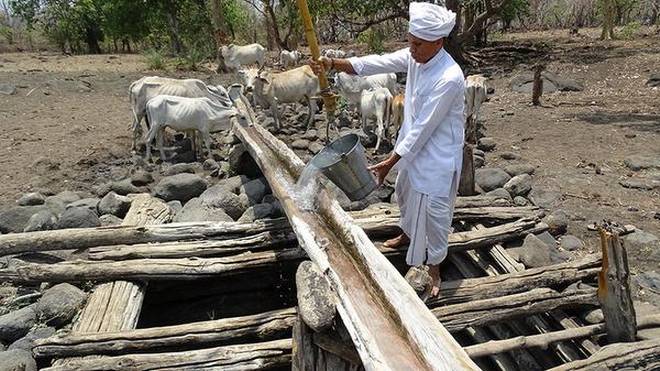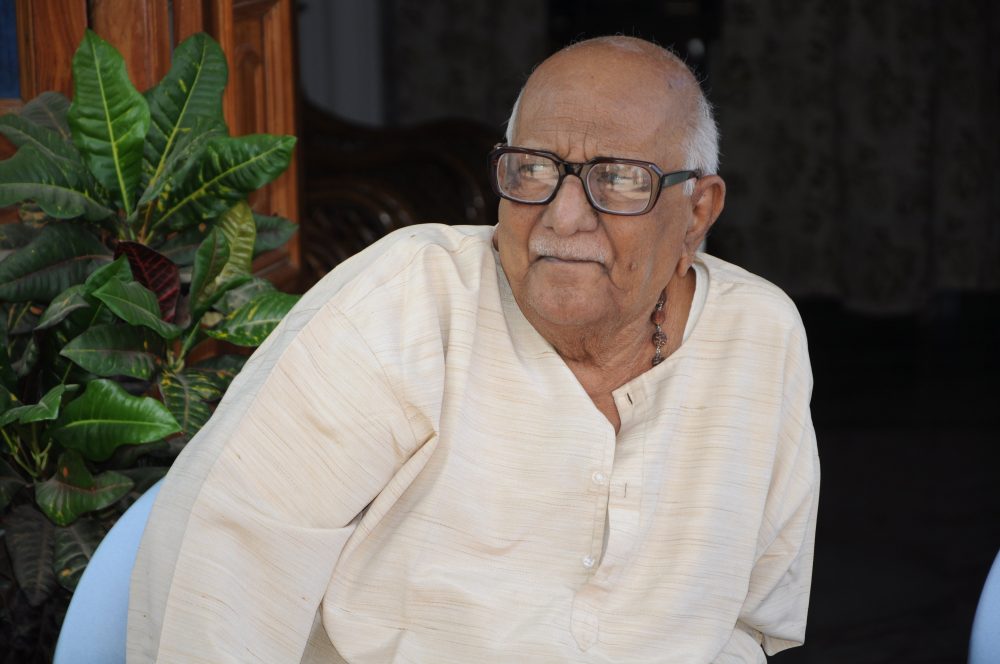
In arid Asifabad, a ‘kui’ dug over a century ago still fills the needs of the tribals of Kanchanpalli
The water shortage in what was undivided Adilabad district is of comparatively recent origin, if one looks at the evidence of a few surviving open wells, which are over a century old. It makes it clear that the residents of the area, mainly people of tribal origin, like the Raj Gonds, who live between the Penganga and the Godavari, had a close connect with natural resources.
These wells, known locally as ‘kui,’ yield water through the year, even in high altitude areas. One example is the well called kantam (perennially full), in Kanchanpalli village, in the Lingapur mandal of Kumram Bheem Asifabad district. It serves the needs of 80 families and over 100 heads of cattle. “It never dries up,” says Athram Bheem Rao, the 62-year-old inheritor of the Gond Raja title.
The sides of the rectangular kui are lined with teak logs, and at the top, thinner logs provide a secure place for the person drawing water to stand. A boom at the side, rather like those one would see at a railway crossing, lowers a pot or bucket attached to a rope into the well.
The water drawn is poured into a hollowed-out log, which pipes it into another hollow log. This collection method ensures that any silt that comes up settles at the bottom. After taking the water, the locals leave the lower log full for animals to drink.
The Gond people say that the water level in this well increases whenever there is rainfall in the catchment areas of the Kadem, a stream about 15 kilometres away. This indicates that an underground stream connects the two; the Gonds call this subterranean stream the Satganga.
Only a handful of such kuis still remain functional. One other can be found on the road between Chinna Dhoba and Seetagondi village, Sirpur mandal.
source: http://www.thehindu.com / The Hindu / Home> News> States> Telangana / by S Harpal Singh / Adilabad – May 08th, 2017
